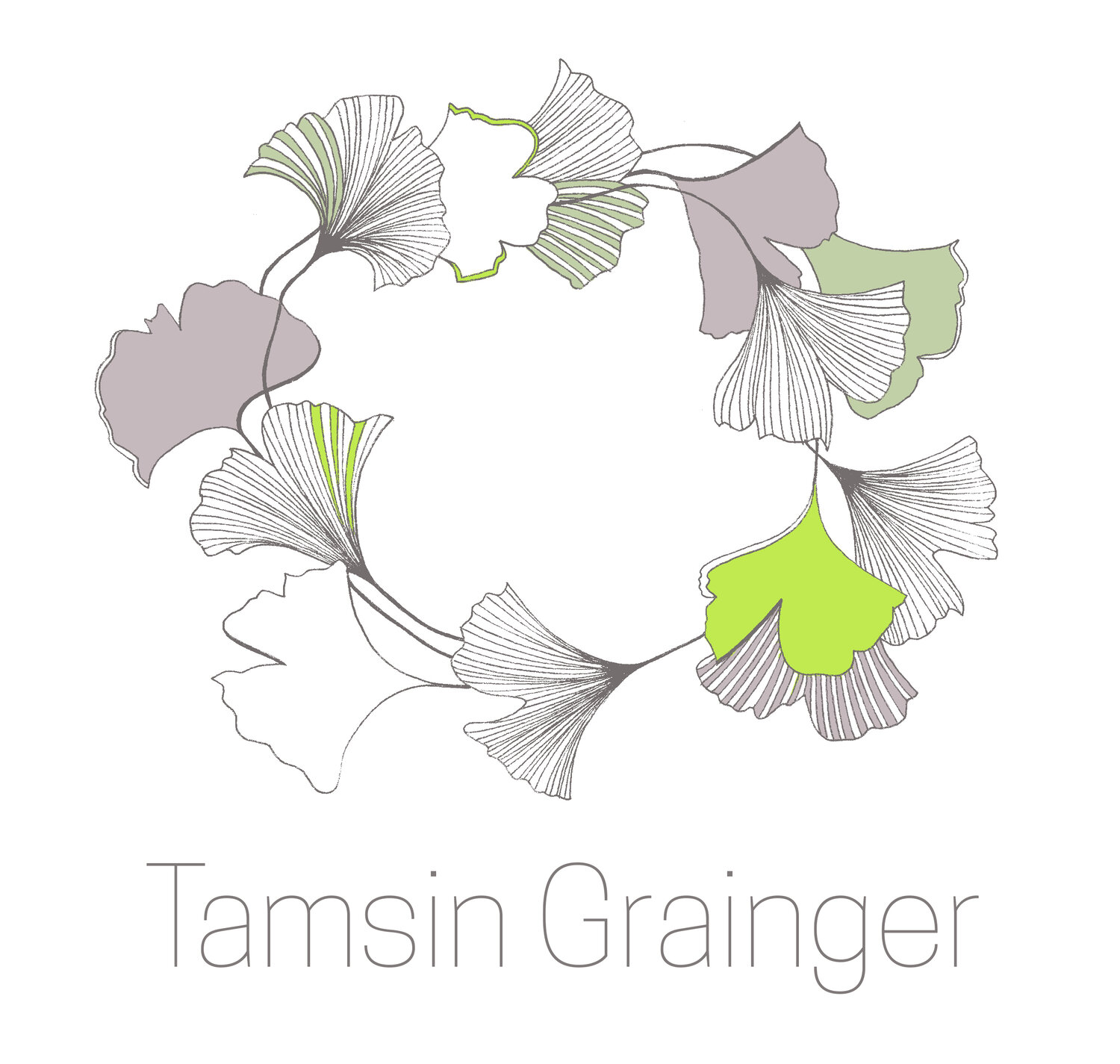Written by Nicole Bayes, Shiatsu Practitioner. 28.7.16However well we make plans in life they can only ever be provisional, as the world will deliver unexpected changes. Life is fluid and everything by its nature is impermanent. Loss, therefore, becomes a constant companion and arrives in various guises - sometimes it's expected, other times sudden. The effects vary, but grief like a great hurricane can be destructive to our life with strong repercussions and lasting consequences. Loss can shake not only our happiness but our sense of identity; and with the end of a meaningful career, or as our world shrinks with deteriorating health, as the beauty of our youth fades, when we lose a treasured loved one who gives us joy, an intimate relationship ends or a beloved friend dies, we grieve.
The painful experience of grief is a universal one. Deep losses can leave us feeling overwhelmed or exhausted, battered by grief, or feeling weighed down with leaden mourning, unable to engage in the world. In our society, we seem to lack significant mourning periods which acknowledge the ongoing impact of grief, we tend to find we are pulled back into the world, with an expectation to function as normal and ‘move on'. Being 'silently strong' and 'just getting on with life', with a lack of shared grief or emotional processing, can be harmful though - especially if our world has crashed and we feel left in empty ruins.The scale and sense of grief can itself take different forms and qualities; evolving and transforming on our journeys with time and experience, having its own unexpected reverberating life span. Grief can reshape and remodel us. If our loss remains unresolved or unrecognised then the echo of sorrow can haunt us for decades after, it can even define our destinies.In Shiatsu, a form of Japanese acupressure with its roots in Traditional Chinese Medicine (TCM), our ability to cope with loss and consequently how it affects our life, is seen as being linked in part to our internal Elemental balance - which in turn has been conditioned by our outlook, personality and life experiences. This will lead some people to be more at adept than others at accepting or managing loss and transience in life. In TCM grief is related to the Metal Element, which is associated with Autumn. Like its season, Metal is understood to correlate with the waning phase of life and is associated with our ability to let go of the old and take in the new.A healthy Metal Element allows us to experience our grief but prevents us being trapped by it - making room and opening us to new possibilities with wisdom, humour and acceptance. The Metal Element gives us the ability to create strong yet flexible belief systems and to navigate testing life milestones. If Metal is weak however, we can feel destabilised by difficulties and will find it hard to connect with the outside world - it becomes harder to let go of sadness and a prevailing melancholy can develop.Metal supports our ability to communicate, as this Element is associated with receiving and transmitting messages. If hampered, we may feel unable to express ourselves, making it difficult to talk about our loss and thus help to soothe the painful emotions. The release of grief is an essential part of our body/mind’s ability to renew. If we feel threatened that our grief will overwhelm us, or feel it's simply not acceptable to express it, we can repress our feelings, armouring ourselves against them. This may begin to weigh us down causing us to sink - feeling laden and heavy, both emotionally and mentally as well as physically.As Metal acts as a gatekeeper - accepting the new and letting go of the old - it is also associated with our sense of boundaries. When these become inflexible we may feel disconnected or isolated from others, leading to a sense of alienation, which may result in feelings of depression. We may develop the sense of a ‘lack’, feeling cut off from the abundance of both our inner wealth and the outer world, diminishing our ability to value ourselves. An overly harsh upbringing can weaken this Element - leading to a lack of self-worth and sadness - or in some cases a sense of isolation and deprivation may seem to be our unhappy birthright. We might then start to further reinforce our boundaries, clamping down on the limited resources we feel we have, or we may develop perfectionist tendencies as we try to transform our sense of emptiness.What can we do? Simply recognising any of these tendencies within ourselves can help us to create a healthy way for us to navigate our grief by developing supportive counter-strategies for our more extreme or unhelpful habits. These could include very varied approaches to suit different people. For example if you find it difficult to be by yourself with your feelings and tend to distract yourself with company, you could try actively scheduling some time alone to help you process your experience. If you have a tendency to cut off, withdraw and suppress your feelings, it may be helpful to get creative - giving yourself room for self expression - or try confiding in a friend, counsellor or bodywork therapist.Honesty is the way to honour our feelings and needs with kindness - helping us to find a forgiving balance that is incredibly supportive to our healing process. It may be, at some later stage after time has passed, that a loss - when accompanied by periods of reflection, acceptance and self-compassion - can become a gateway to a new understanding or a new stage in our lives. It offers the potential of opening a door to new insight, wisdom and transformation if we are willing, or able, to let go and walk through.
Edited By Dinah John, Principal of Norwich Shiatsu College.

